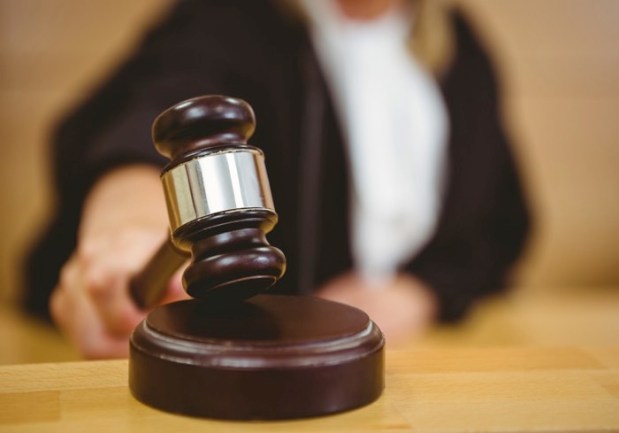Supreme Court Agrees To Hear Apple App Appeal

The U.S. Supreme Court decided on Monday (June 18) to hear Apple‘s appeal of a lower court ruling that accused the company of running afoul of antitrust laws by being a monopoly player in the market for iPhone software apps.
According to a report in Reuters, citing court proceedings, the Supreme Court Justices said they would hear Apple’s appeal of the case that revived a potential class-action lawsuit by iPhone buyers over the commissions it gets via its App Store. Reuters noted the case could increase the threat that Apple will be hit with antitrust damages in a market that is fast growing and generates hundreds of billions of dollars in the U.S. each year.
The claims stem from antitrust claims from 2011 when iPhone buyers in California filed a lawsuit in federal court, contending Apple monopolized sales of apps, which resulted in consumers having to pay higher prices than with other sources. While developers set the price of their apps, Apple collects payments from iPhone users and charges developers a 30 percent commission on each purchase, noted Reuters. The case was thrown out by a federal judge in Oakland, California, but the San Francisco 9th U.S. Circuit Court appeals revived it last year, ruling that Apple was a distributor that sold apps directly to consumers and has to face the claims.
This isn’t the only consumer case Apple is facing.
In December, Apple’s acknowledgment that it slows down older versions of its iPhone prompted a lawsuit against the Cupertino, California company. According to a report in CNBC, citing a court filing at the time, shortly after Apple said it has an algorithm in place that slows down older iPhones to ensure they can run longer, Stefan Bogdanovich and Dakota Speas brought a class-action lawsuit against the company in California, where the two plaintiffs live.
In the lawsuit, the two claimed Apple never got their consent to slow down their iPhone, with both owning an iPhone 7. The two claim they then faced interference in usage of their smartphones because of the intentional slowdowns. Both are also claiming damages in the lawsuit, contending that the slowdowns hurt them economically and that they are entitled to compensation from Apple. The two are seeking class-action status in the lawsuit, which would cover all the people in the U.S. who own an iPhone older than the iPhone 8.
